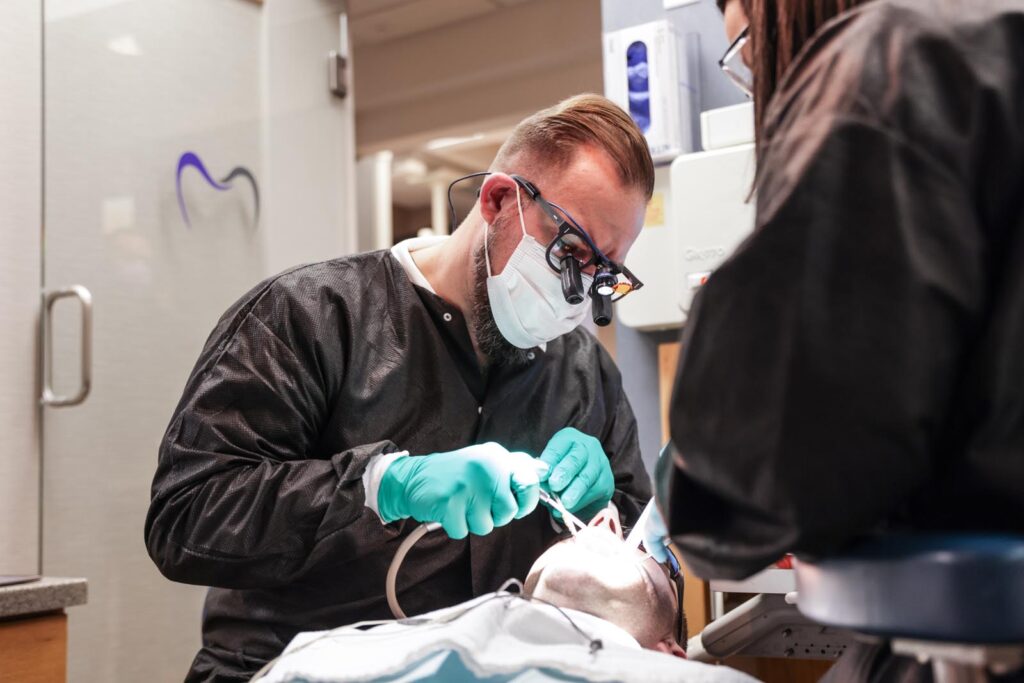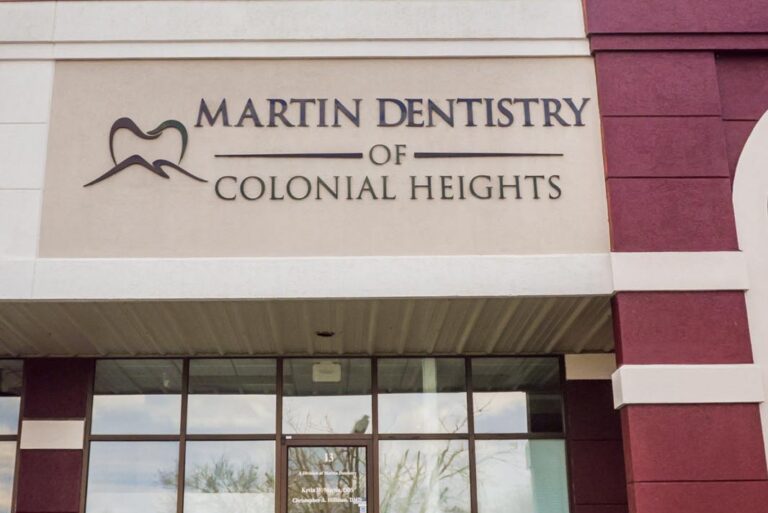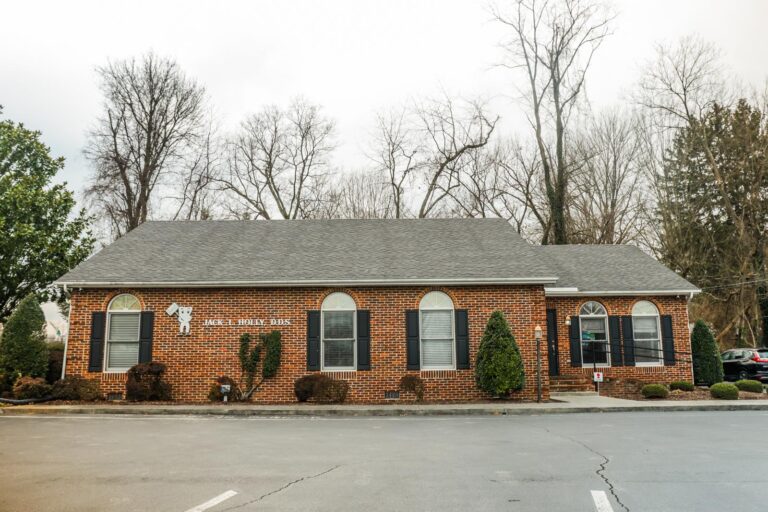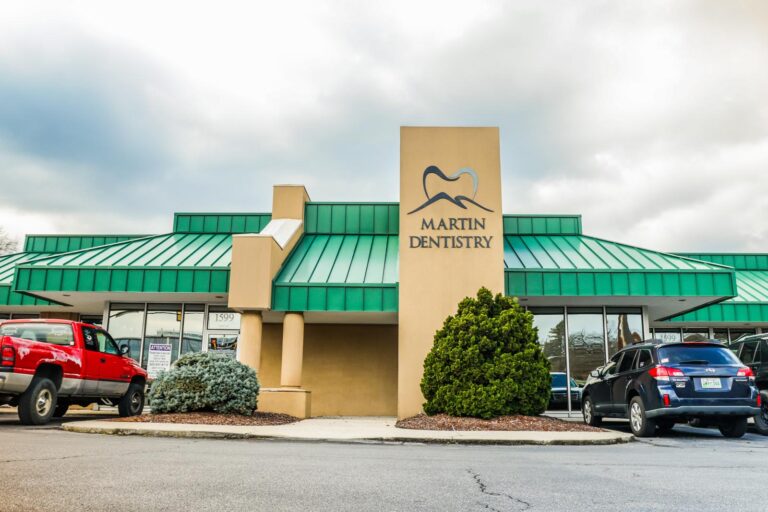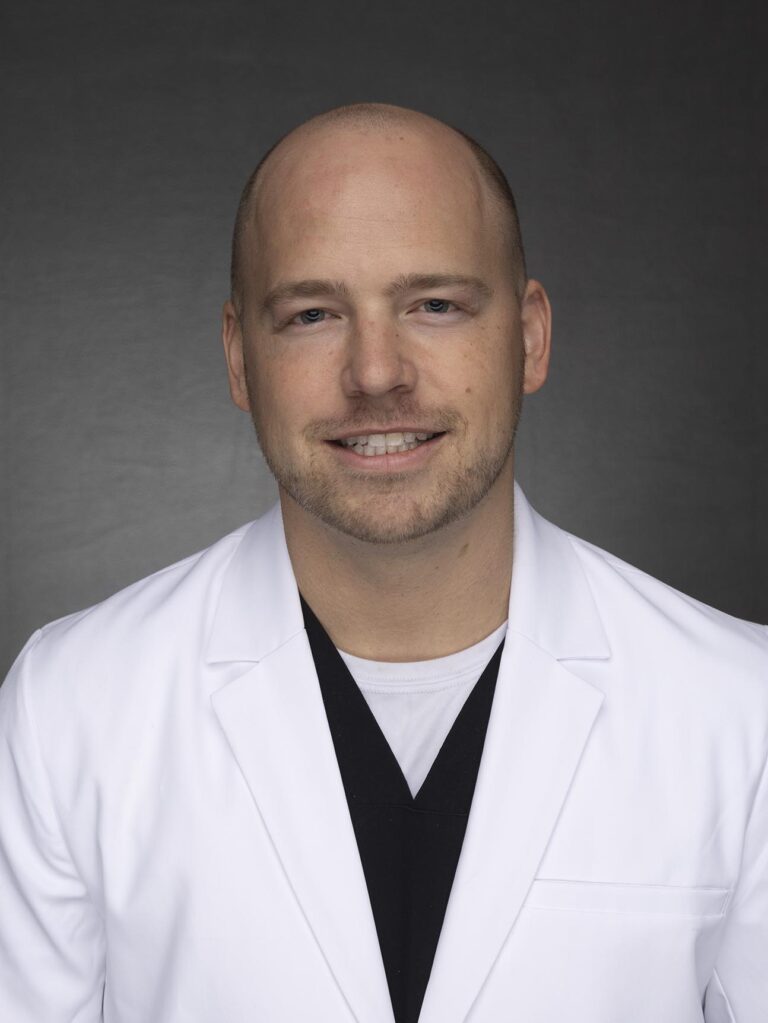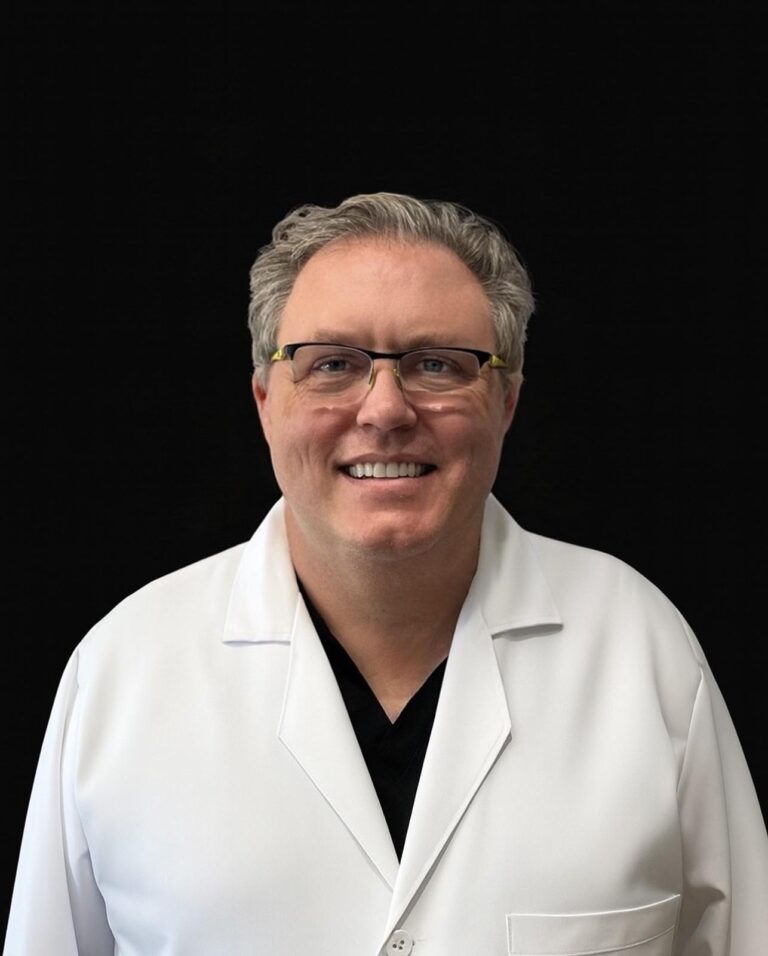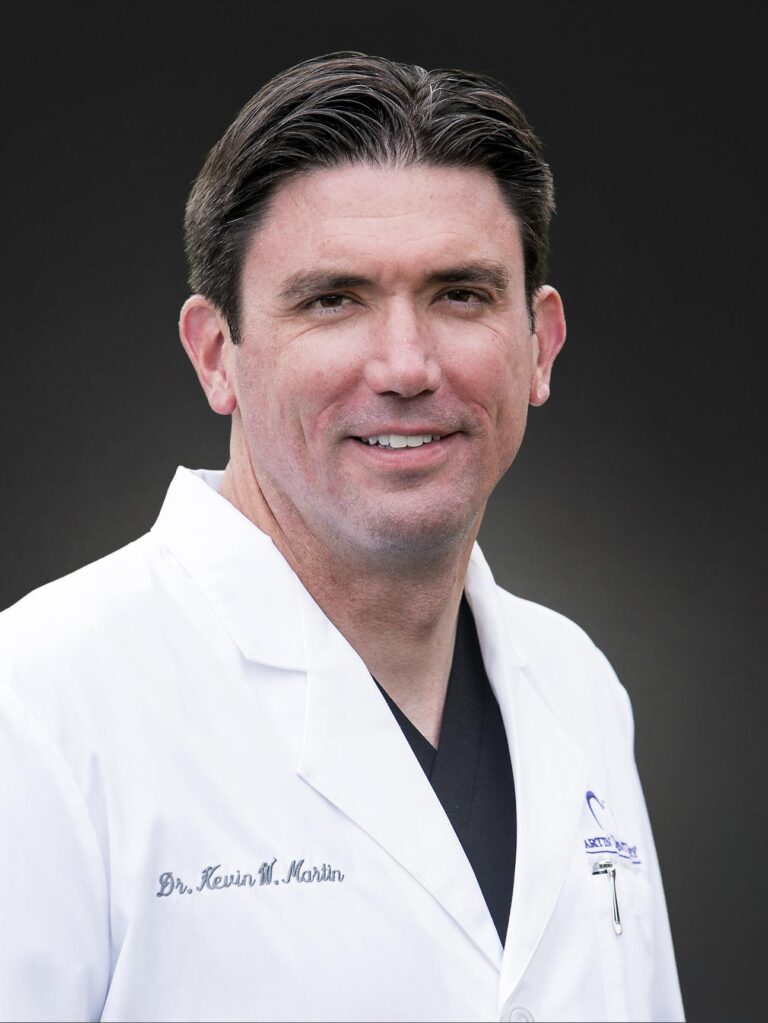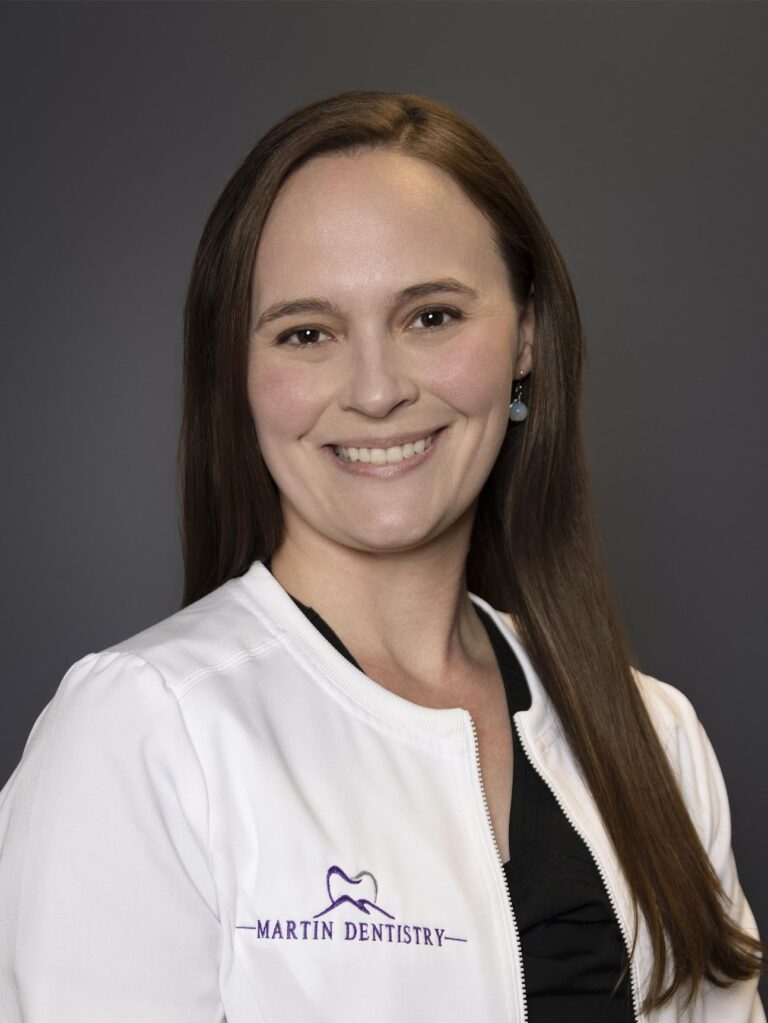Dental Services Focused on Your Comfort
Comprehensive modern dental care tailored for the whole family.
Preventative Dental Care
Preventative dental care focuses on maintaining oral health and preventing dental issues before they arise. This approach includes regular dental checkups and professional cleanings. Preventative care helps protect against tooth decay, gum disease and other oral health problems by catching potential concerns early, often saving time and money for future treatments. By prioritizing routine care, patients can enjoy a healthy, confident smile and reduce the risk of serious dental complications.

Restorative Dentistry
We offer several restorative services to repair and replace damaged or missing teeth, improving your smile's function, health and appearance. This type of care includes treatments such as fillings, crowns, bridges, dentures and dental implants, all designed to address issues caused by tooth decay, injury or wear. Restorative dentistry improves chewing ability and aesthetics and prevents further oral health problems by restoring the integrity of your teeth and gums.

Cosmetic Dental Care
Cosmetic dentistry includes teeth whitening, bonding and orthodontic treatments designed to improve the color, shape, size and alignment of teeth. It addresses concerns such as discoloration, chips, gaps or crooked teeth, helping patients achieve a more confident and radiant smile. With technological advancements and personalized treatment plans, cosmetic dental care makes achieving a beautiful smile more accessible.
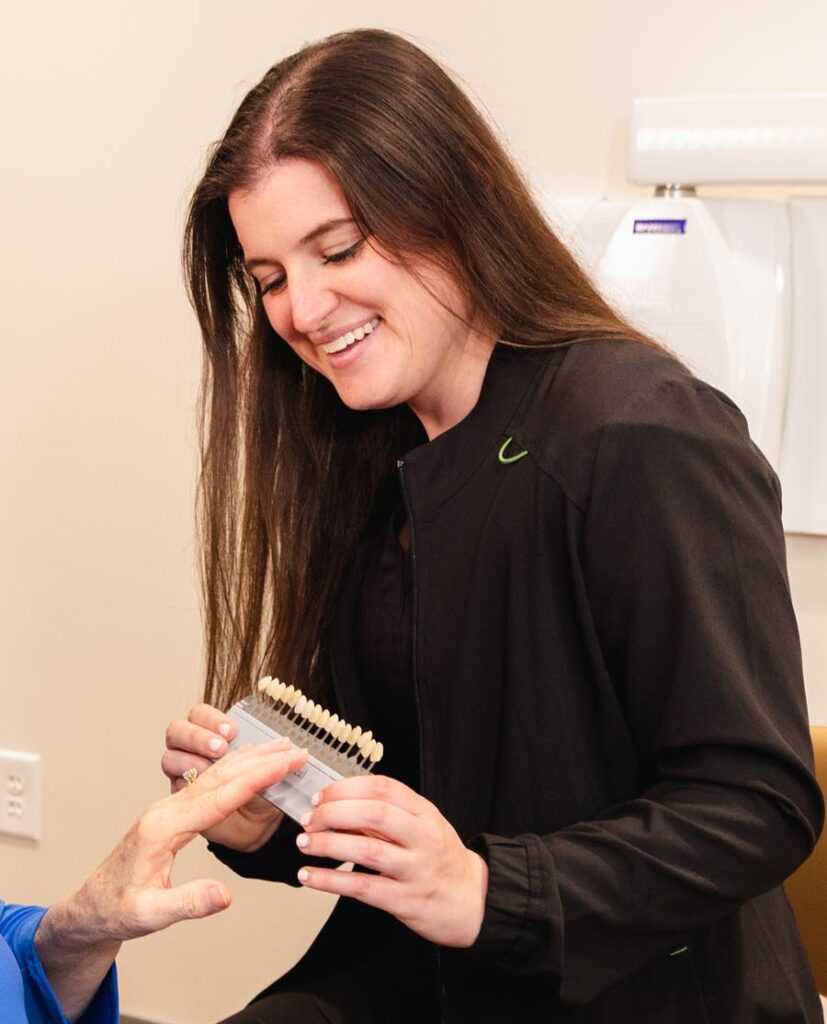
Speciality Services
While we offer an extensive list of dental services to meet various oral health needs, our dentists specialize in implants, sedation dentistry and smile makeovers. Dental implants provide a lasting solution for missing teeth, restoring both functionality and appearance, while sedation dentistry ensures a stress-free and comfortable experience for patients with dental anxiety or complex procedures. Smile makeovers combine a range of cosmetic and restorative treatments—such as bonding, teeth whitening and orthodontics—to transform your smile and boost your confidence.
